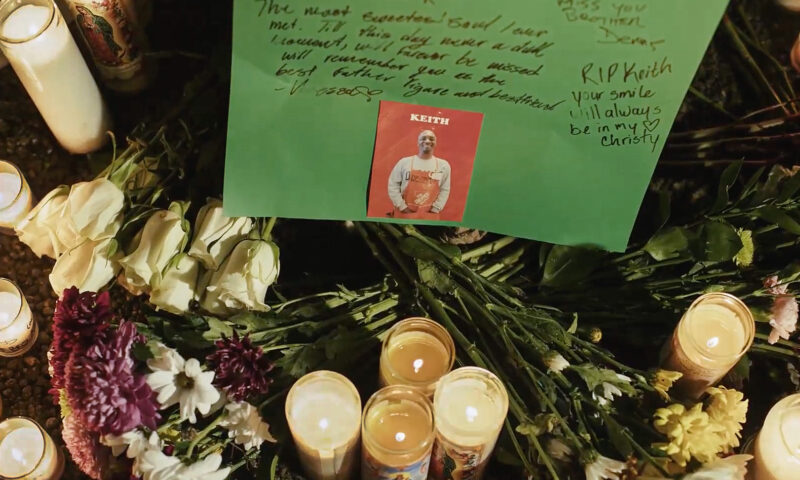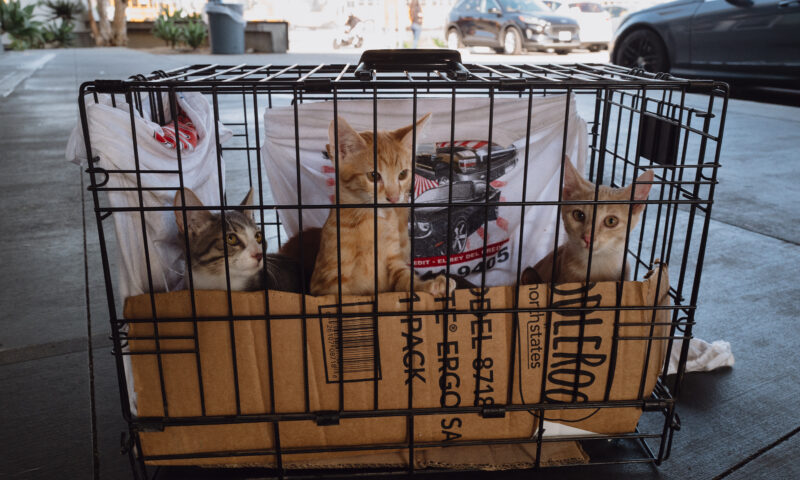Labor & Economy
Questioning Economic Growth: How Big Is Big?

Earlier this summer some friends invited me to a small dinner party where I met a man who manages money for people who have some. He decides where to invest their portfolios in order to get a steady return that they can live on without working. Since we had not met before, I did not want to cloud the new relationship with my attitudes, but I wanted to know what he thought about the state of the economy without prying into his expertise at stock picking.
“So where are we in this economy these days?” I asked.
“We’re nowhere,” he responded, “until we get it growing again.”
“Oh,” I said. “Growing like consumer spending or capital investment or jobs or…?”
“Growth in every way,” he said. “We need to buy more, invest more, yes, but we need more people too.”
I was shocked, but tried not to show it. “We need the population to grow?” I asked, trying not to sound too skeptical.
“Oh, yes,” he said. “Look at Europe – stagnant population, trouble. Look at Japan – no population growth, dead economy.”
“Well, I think we have about seven billion people now,” I said. “How many more people do you think the planet can hold?”
”Oh, I don’t know,” he said.
“So if the population grows and the economy grows, can the planet sustain this?” I asked with as much innocence as I could muster.
“I’m not worried about that,” he responded, “technology will solve that problem.” Then he said, changing the subject, “You ask good questions.” And that was the end of that.
Except that I continued to ponder his argument: We need economic growth; to get it we need more people; to support them we need more raw materials – food, water, minerals, energy – and if the earth cannot provide them, technology will develop solutions to these deficiencies.
I first heard this argument 20 years ago, when I raised the subject with a long-time businessman friend. His response went beyond just technology – outer space, he said with satisfaction. “We will mine the minerals we need from other planets.”
That is “magical thinking” I thought to myself then, and it only feels more so now. Two decades after that conversation, we are only an inch closer to mining anything from another planet, in spite of “Curiosity” arriving on Mars, and we’ve already reached peak oil, and it is downhill from here.
The problem is the concept of “growth” itself, which is the underlying assumption of modern economic theory. No growth equals no economic development equals no increased profits equals no added wealth to hoard or to share.
Occasionally someone on the business pages mentions the problem of China or India putting another million cars on the road. From time to time, economists lament that there seems to be some limits to expansion or a policy-maker projects the need to open new markets for raw materials and to protect the ones we have – which always sounds to me like rattling sabers. Another war over finite resources would only squander them further.
No, I am convinced there is a limit to economic growth. But as long as the opposite is the unspoken assumption upon which our economic system is built, we cannot talk about alternatives, and we cannot conceive of another way to go about sustaining life – human life, or the planet upon which our lives depend. We need to be asking ourselves some good questions.

-

 Latest NewsJanuary 8, 2026
Latest NewsJanuary 8, 2026Why No Charges? Friends, Family of Man Killed by Off-Duty ICE Officer Ask After New Year’s Eve Shooting.
-

 The SlickJanuary 12, 2026
The SlickJanuary 12, 2026Will an Old Pennsylvania Coal Town Get a Reboot From AI?
-

 Latest NewsJanuary 13, 2026
Latest NewsJanuary 13, 2026Straight Out of Project 2025: Trump’s Immigration Plan Was Clear
-

 Column - State of InequalityJanuary 8, 2026
Column - State of InequalityJanuary 8, 2026Can California’s New Immigrant Laws Help — and Hold Up in Court?
-

 Column - California UncoveredJanuary 14, 2026
Column - California UncoveredJanuary 14, 2026Keeping People With Their Pets Can Help L.A.’s Housing Crisis — and Mental Health
-

 Column - State of InequalityJanuary 22, 2026
Column - State of InequalityJanuary 22, 2026On Eve of Strike, Kaiser Nurses Sound Alarm on Patient Care
-

 Latest NewsJanuary 16, 2026
Latest NewsJanuary 16, 2026Homes That Survived the 2025 L.A. Fires Are Still Contaminated
-

 The SlickJanuary 20, 2026
The SlickJanuary 20, 2026The Rio Grande Was Once an Inviting River. It’s Now a Militarized Border.

